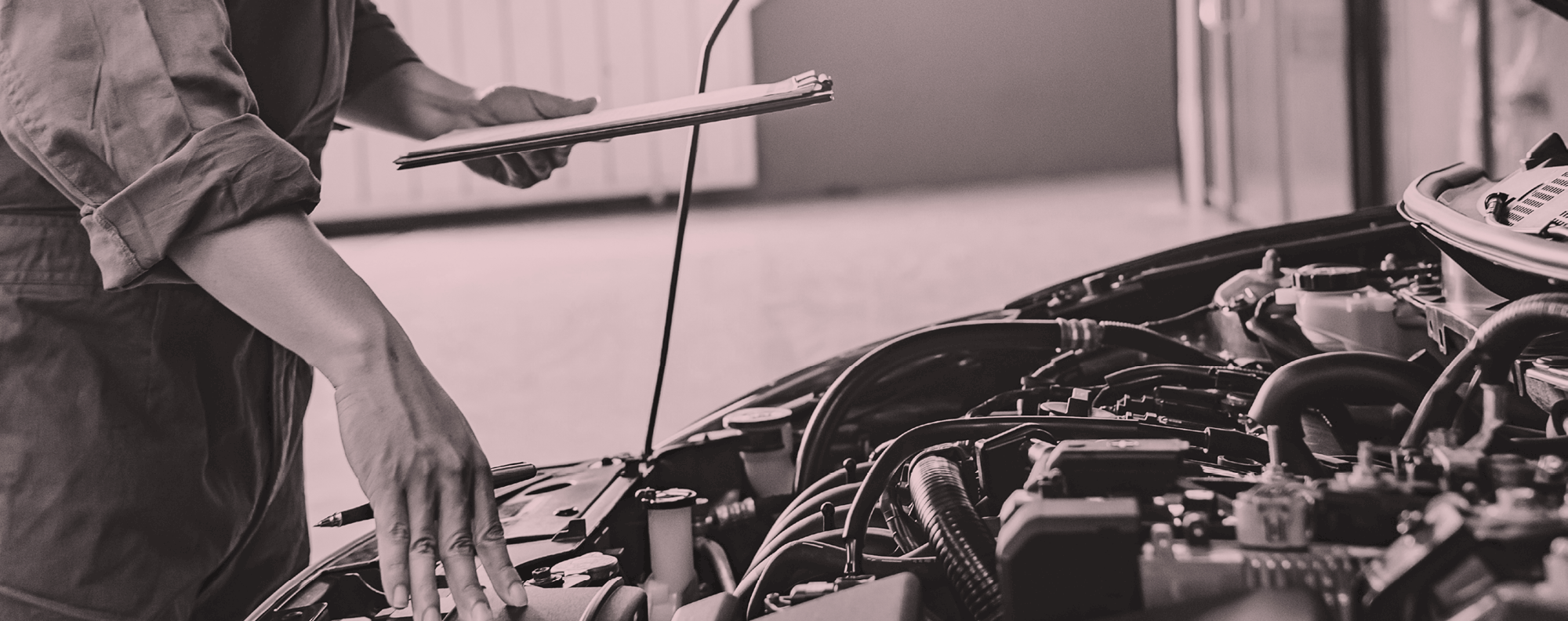By Simon Muir, Head of AD and TPD Claims at ERS
The spread of Covid-19, better known as coronavirus, has dominated the news agenda for well over a month now, with many economists now turning their attention to the macroeconomic damage that will be caused by the outbreak.
The automotive sector looks particularly vulnerable due to its heavy reliance on the Chinese manufacturing industry and, since Jaguar Land Rover admitted that it was resorting to flying electronic parts into the UK in suitcases due to supply chain shortages, we’ve been getting enquiries from brokers concerned about how the UK auto repair industry may be affected by the virus.
Repairs account for the majority of the first party claims we process. We know how inconvenient it is, whether your customer is a supercar owner or a busy sports professional with an everyday motor, when a car is forced off the road for any period. We always aim to get the vehicle back on the road as quickly as possible.
We have assessed the impact of Covid-19 on the repair sector, and what brokers need to communicate to any customers submitting claims in the near future.
Disruption is inevitable
Most UK dealerships carry 1-2 days’ stock of core auto parts, with other parts and components ordered overnight on request and transferred from holding depots. While manufacturing plants all over China – and beyond – are being temporarily closed to try and limit the further spread of Covid-19, as soon as the outbreak recedes and quarantine periods expire, there’s no reason why normal production can’t be quickly resumed. Hence, any parts shortages within the UK repair industry are liable to be temporary in nature.
That said, the short-term disruption really is a case of when, not if. The industry is currently working from current stock as well as stock in transit and, once the stock in transit runs out, it could be some time before there is any further stock to transport. Stock takes 20-40 days to travel via sea from the Far East, and it’s incredibly difficult for auto manufacturers to switch parts suppliers given the intricacies of their supply chains, particularly given the trend in recent years towards ‘just in time’ manufacturing. Hence, we may find that the worst of the supply shortages occur after the Covid-19 outbreak is over.
Repairs are rarely straightforward
It’s worth remembering that modern vehicles are essentially giant computers on wheels, making them far more complex to repair (as the technology is totally integrated into every aspect of the design) as well as more costly, both due to the increased complexity as well as the cost of replacing any component parts. Not only that, but there are more total parts, and hence more areas in which shortages could occur. Add all of these things together, and it’s obvious that delays across the UK’s repair industry are going to be unavoidable.
The response is already underway
Repairs suppliers are making every effort to manage customer expectations, track parts as they travel through supply chains, and keep repairer capacity flowing. They’ll also be looking to find practical short-term solutions to support some customers with their repair needs, for example, by making cosmetic repairs or temporarily fitting non-OEM parts while the specialist parts are in transit.
The ERS claims team has deep vehicle expertise and is supported by in-house engineers. We understand the specific nature of every individual claim and will be able to advise on what is feasibly possible, as well as the likely timeframe for repair.
Of course, it’s likely that parts shortages will lead to cost escalation, which will in turn make claims more expensive. We’ll be monitoring the situation closely over the coming weeks so that we can accurately advise brokers on likely claims costs or any broader ramifications for insurance premiums.
Future supply challenges
While it’s impossible to predict the length or impact of the parts supply issues, one inadvertent consequence of the challenge is that it is helping our auto repairs trade prepare for any future Brexit-related issues.
Many car parts are shipped from the EU, making the market sensitive to exchange rate changes as well as any friction within the supply chain. We don’t know whether parts will be subject to delays at the border once the Brexit transition period is at an end, but repairs could potentially take longer and become more expensive in the post-Brexit world. Again, this would mean insurance claims increase in value, at least in the short-term while we adapt to the new trading environment.
On the other hand…
Despite the tragic human cost of Covid-19 and the economic damage being inflicted on the global auto industry, let’s not forget that cars are becoming safer and safer, as are our roads, bringing the number of accidents down and reducing the overall need for repairs.
Whatever happens next, you can be sure that we’ll keep a keen eye on what’s happening across the auto repair industry and quickly communicate the impact of any changes we’re seeing, as well as advising brokers on how to help customers mitigate any negative consequences they face.






